#bay of pigs
Text
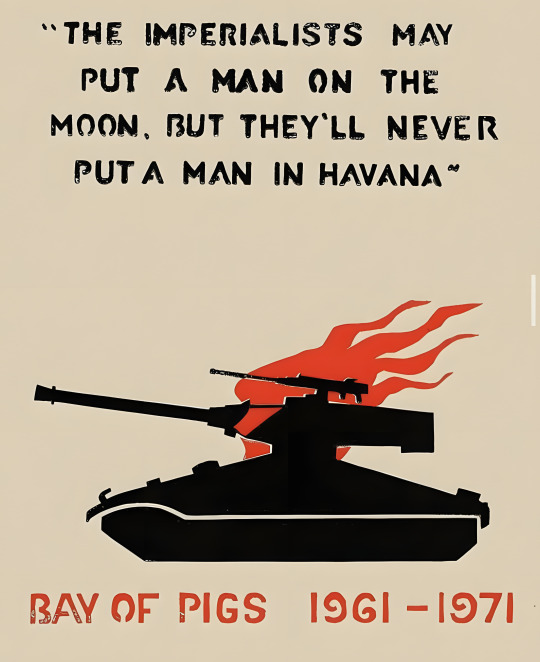
"The Imperialists may put a man on the moon, but they'll never put a man in Havana"
United States
1971
547 notes
·
View notes
Text

45 notes
·
View notes
Text
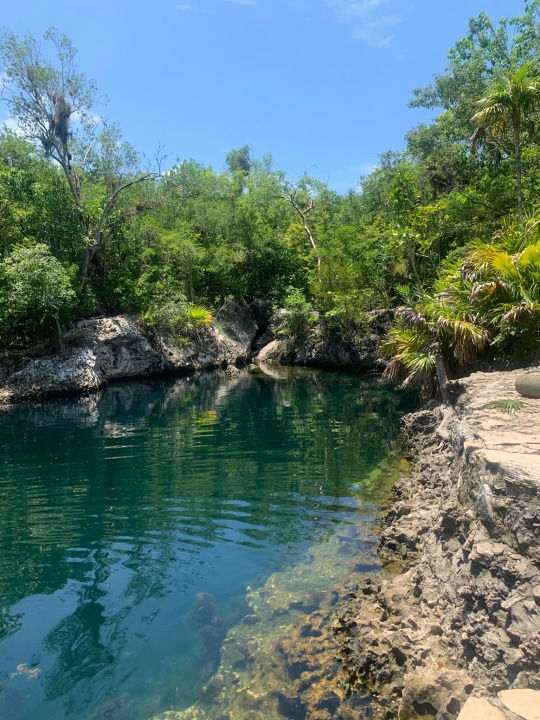
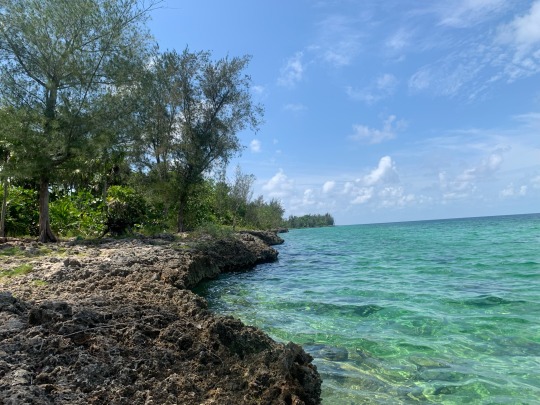
Cuba is a beautiful country, inside and out
#nature#beautiful photos#photography#travel#unedited#beauty#cuba#cubatravel#bay of pigs#ocean view#greenery
94 notes
·
View notes
Text

Prisoners of Brigade 2506 guarded by Cuban soldiers after the Battle of Playa Girón, in the aftermath of the Bay of Pigs invasion, April 1961.
15 notes
·
View notes
Text
The CIA Killed JFK...CONFIRMED?! | RFK Jr On His Uncle's Death
youtube
#JFK#history#politics#CIA#KGB#soviet union#bay of pigs#rfk jr#jfk assassination#robert kennedy jr#john f kennedy#military industrial complex#deep state#technocracy#cuba#fidel castro#alan dulles#lee harvey oswald#rfk#robert kennedy#Youtube
33 notes
·
View notes
Text
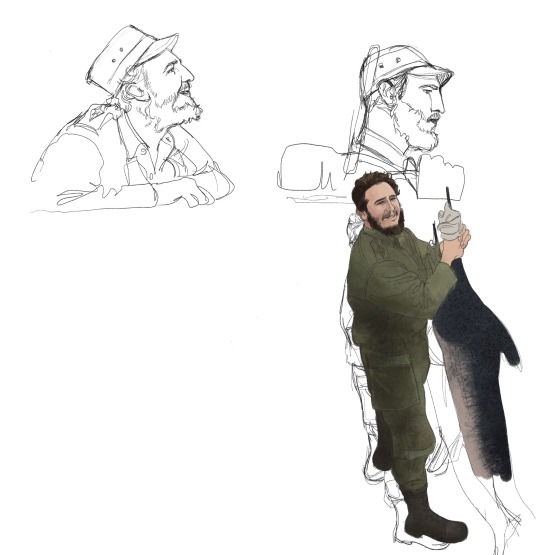
SORRY CHE I WILL DRAW YOU… i just love drawing Fidels side profile, it’s so satisfying. 🤤
5 notes
·
View notes
Text
Brigadistas of the Anti-Castro Brigada Asalto 2506 being rounded up after the failed Bay of Pigs invasion, 1961. The Fidelista of Cuban Army holds a Belgian FN FAL, bought at the time of Fulgencio Batista.
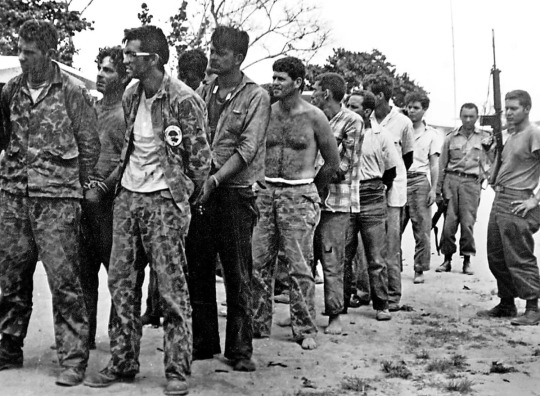
4 notes
·
View notes
Text
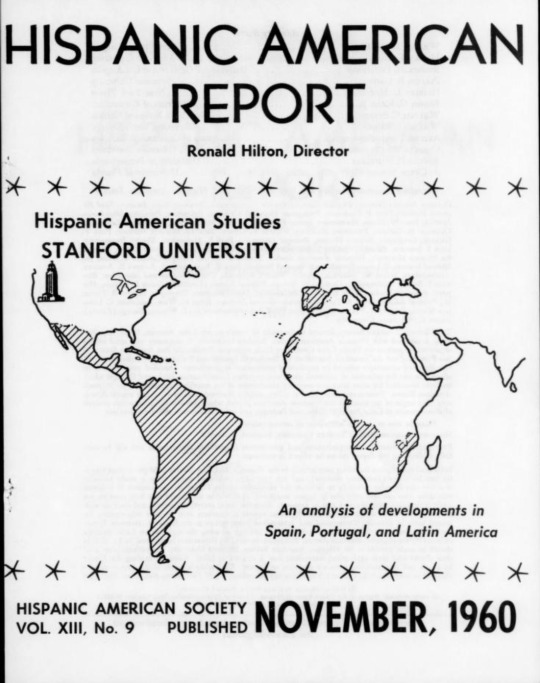

I believe this Ronald Hilton editorial is the first English-language report of the CIA's planning for the Bay of Pigs. It's from the Hispanic American Report, Stanford University, November 1960.
According to "The Press and the Bay of Pigs" (Victor Bernstein and Jesse Gordon, Columbia Forum, Fall 1967), one of Hilton's colleagues at Stamford read the piece and contacted Carey McWilliams, who then "broke" the story in The Nation.
COMMENTARY
The Retalhuleu Base.
Castro's denunciations of alleged U.S. plans to invade Cuba are usually greeted by the U.S. Government and press as proof of the persecution mania of his deranged mind. While it is evident that Castro flaunts the U.S. threat as a means of consolidating Cuban popular opinion behind him, the aggressive plans to which he refers may well be more than a figment of his imagination. Guatemalans of all shades of opinion believe rightly or wrongly that Castillo Armas' military campaign was planned and financed by the U.S. Central Intelligence Agency. There is now a widespread belief that the C.I.A. is sponsoring a similar invasion of Cuba from Guatemala. .
Reliable observers in Guatemala say that without doubt there is in Retalhuleu a large and well-fortified base where Cuban exiles are being trained to invade Castro's fortress. For a long time the Guatemalan Government forbade any mention of this base on the grounds that it was a military secret. However, it became a secreto a voces, and President Ydigoras Fuentes felt impelled to go on television to admit the existence of the base. It has since been discussed by leading commentators like Marroquin Rojas. It is generally believed among responsible Guatemalans that there is only one possible source for the funds necessary for such a major project, namely the U.S. Government operating through the C.I.A. Reliable reports from Cuba say that Fidel Castro is informed about this base and believes that the plan is to seize the Isle of Pines and set up a U.S.-sponsored government. The principal difficulty with which the United States is faced has been dissension among the Cuban exiles.
Hundreds of inches appear in the U.S. press daily about Cuba, but there seems to have been no mention of the Retalhuleu base. Is the explanation ignorance? If indeed a C.I.A.-sponsored base resulted in an international conflict, we should have another U-2 incident on our hands. An elementary sense of responsibility demands that an impartial journalist or observer be sent to Guatemala to investigate these reports, so that we may know how much truth there is to a story which is accepted as beyond question by so many responsible Guatemalans.
Castro and Canada. While Castro capped his campaign against U.S. business in Cuba by seizing the three U.S. banks operating there--the First National City Bank of New York, the First National Bank of Boston, and the Chase Manhattan Bank—he scrupulously respected the two Canadian banks in the island, the Royal Bank of Canada and the Bank of Nova Scotia. At the same time he spoke in warmly appreciative terms of Canada and its role in Cuban development. The metamorphosis of the wild gringo-hater into a grateful good neighbor was marvelous to observe. The reaction of U.S. business could have been predicted. There were angry protests that the Cuban Communists wished to keep open a financial channel to Russia and demands that Canada stop cooperating with the Communists. The Conservative government of Canada, already riled by U.S. pressures on its Asian policies, replied coldly that it had no intention of becoming embroiled in the U.S. fight with Castro.
Whatever truth there may be in the accusations of U.S. businessmen, there are many simpler explanations of Castro's conduct. In the first place, Canada has sent to the Caribbean a small number of responsible, scrupulously honest businessmen, whereas in the hordes of U.S. entrepreneurs who have swarmed over the area there have inevitably been many boors, numerous ruthless individuals, and not a few gangsters. The result is that Canadians enjoy a prestige which unfortunately is not shared by Americans. Politically, Castro would be stronger if he could play off Canada against the United States, and indeed traditionally Latin Americans have felt that the presence of Canada in the inter-American system would place the Colossus of the North in a vise. It was hoped that the relative weakness of Canada and the Latin Catholicism of French Canada would lead that country to line up with the Latin American republics against the Protestant giant. There is much wishful thinking in this calculation, since in reality Canada has much more affinity with the United States than with the southern republics. If Canada were a member of the Organization of American States, it would find itself continually in an unpleasant dilemma. It would be most unwise for Canada to allow itself to be placed in this position, and prudence dictates that Canada stay out of the Organization of American States.
Stroessner, an Unbuffeted Buffer. Paraguay and Uruguay are, to use a nineteenth-century term, buffer-states between Argentina and Brazil. Buffer states enjoy a special status which, if they are governed cunningly, they can use to play one powerful neighbor off against another. This seems to be the policy followed by President Alfredo Stroessner, South America's last dictator. He has succeeded in obtaining the support of four countries, which pride themselves on being democracies, against the desperate efforts of his many enemies who wish to restore democracy in the land of El Supremo. While Spanish American politicians talk endlessly of U.S. imperialism and U.S. support of Latin American dictators, Brazil, which has been creeping steadily westward across South America ever since Pope Alexander VI tried to adjudicate all of the New World to Spain, will now dominate South America from its new capital of Brasilia, with the Spanish American republics strung like beads around its broad neck. The Colossus of the South seeks paramount influence in Spanish America (out of courtesy we avoid the word imperialism), and Foreign Minister Horacio Lafer has indicated that Brazil will if necessary give military aid to the Paraguayan dictator. Argentina had hoped that as Peron's close ally and saviour Stroessner would be compelled to abdicate; concerned now lest he be completely dominated by Brazil, it has decided to support him. More surprising, and indeed revolting, is the spectacle of the Uruguayan future chief of government, Eduardo Vfctor Haedo, praising Stroessner and thus besmirching Uruguay's reputation as a stalwart democracy; only the bitterness between the Blancos and the Colorados can explain his strange behavior. To complete the quartet of Stroessner supporters, there is no doubt that the basso profundo is the United States, which fears the cacophony which might result if Stroessner were overthrown. The struggling, embittered Liberals, Febreristas, dissident Colorados, the Uni6én Nacional Paraguaya, and the Movimiento 14 de Mayo count as nothing in this cynical game of power politics.
Ronald Hilton
Editor
6 notes
·
View notes
Text
After skipping meetings to discuss Bay of Pigs with JFK, Allen Dulles meets with Richard Nixon at Nixon’s Washington DC house on Thursday April 20, 1961.
Curious he’d report to Nixon about Operation 40 before meeting with the current president. However, planning for the Cuba operation began during the Eisenhower administration in which Nixon was Vice President. Nixon probably play a much bigger role from 1952-1960 than we know.
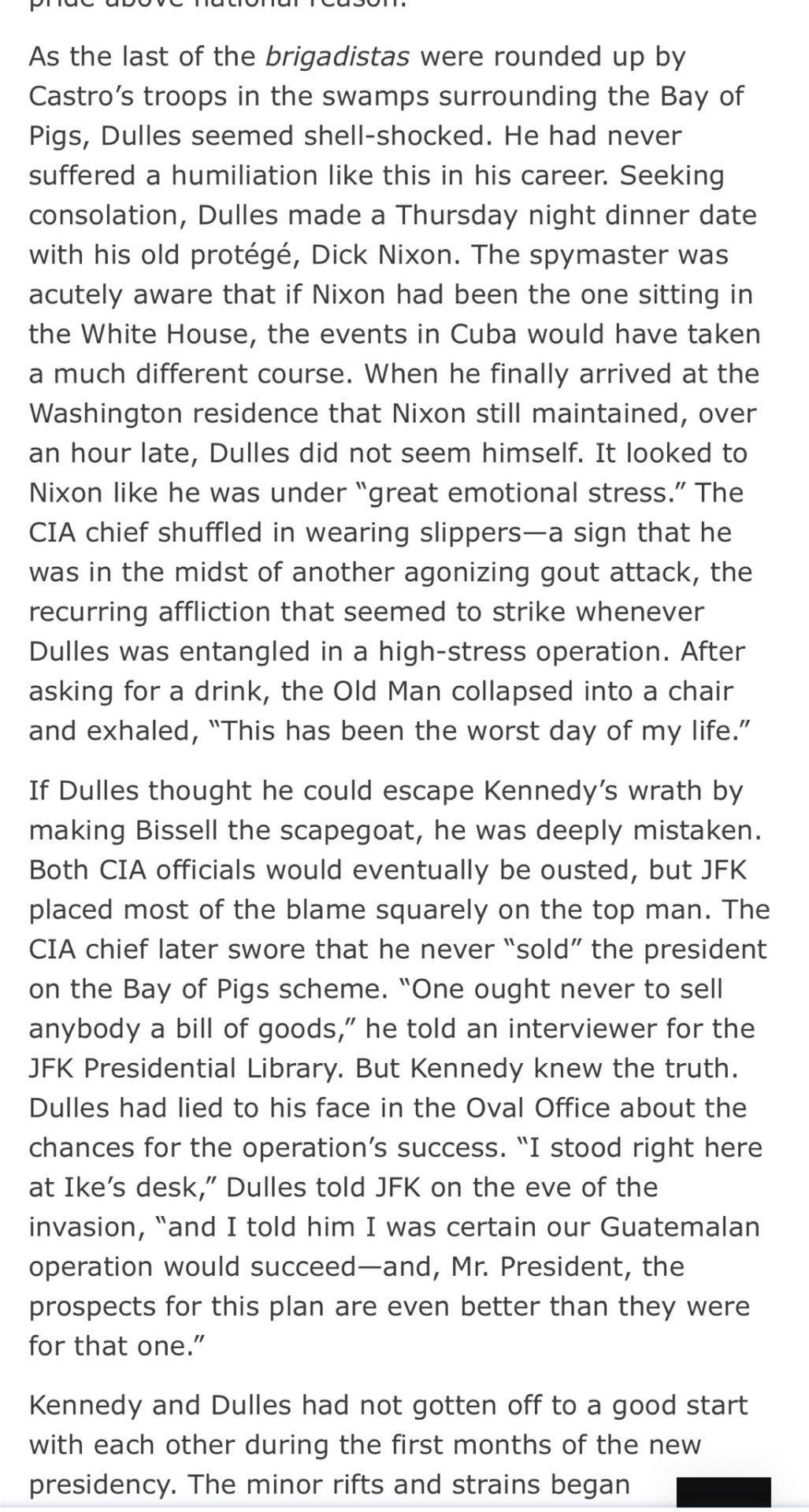
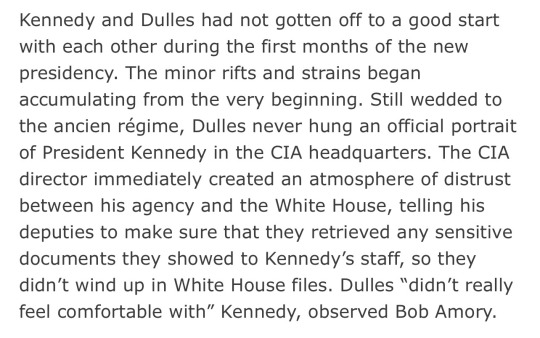
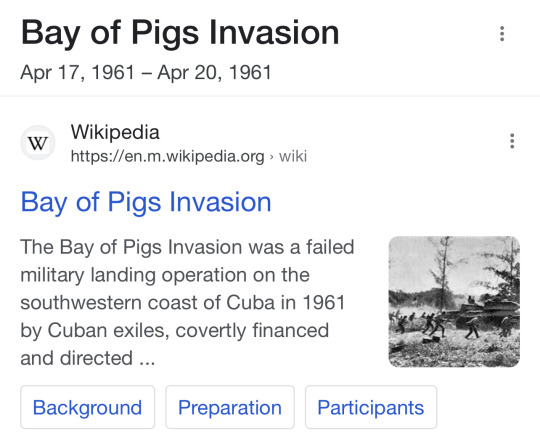
::
A bit of a white wash and cover story, but has good info:
#allen dulles#richard nixon#the whole bay of pigs thing#bay of pigs#team b#cog#operation 40#nixon#Richard Bissell#executive action#sullivan and cromwell
2 notes
·
View notes
Text
The Shadow of War: A Novel of the Cuban Missile Crisis by Jeff Shaara #BookReview #ARC #NetGalley #JFK #RFK
A new novel goes inside the White House during the #CubanMissileCrisis. #TheShadowofWar doesn't have to do much to create that sense of fear that the world could have blown up during those #thirteendays in 1962. #NetGalley #ARC #BookReview #JFK #RFK
New York Times bestselling author Jeff Shaara brings alive the heart-stopping days and nights of the Cuban Missile Crisis in a novel featuring his trademark “you are there” immediacy. Ripe for Jeff Shaara’s vivid alchemy of fact-based fiction, here is the Cuban Missile Crisis as readers have never seen it.
Version 1.0.0
In addition to the tension-filled corridors of power in Washington, Moscow,…

View On WordPress
#ARC Review#Bay of Pigs#Book Review#Cold War#Cuba#Cuban Missle Crisis#Dean Rusk#Fidel Castro#Historical Fiction#Jeff Shaara#JFK#John F. Kennedy#NetGalley#New Books#Nikita Krushchev#RFK#Robert F. Kennedy#Russia#Soviet Union#St. Martin&039;s Press#The Old Lion: A Novel of Theodore Roosevelt#The Shadow of War#The Shadow of War: A Novel of the Cuban Missile Crisis
0 notes
Text
can someone tell me, who literally knows nothing about american politics, try to tell me in very simple words what happened at the bay of pigs involving john f kennedy and cia?
#i tried to google this stuff but my head hurts and i dont understand#john f kennedy#bay of pigs invasion#bay of pigs
1 note
·
View note
Text
Volume 270



0:00:00 — "In the Slot" by Adaptors (1979)
0:02:35 — "Red Asphalt" by Red Asphalt (1981)
0:04:25 — DJ
0:07:15 — "I Am a Janitor" by Surface Music (1980)
0:09:10 — "Blind Leading the Blind (Citizens) by ICU (1981)
0:11:23 — "Addiction" by Bay of Pigs (1980)
0:14:26 — "Bamboo Curtain" by The Varve (1982)
0:17:24 — DJ
0:21:51 — "Thinking All the Time" by Ibbilly Bibbilly (1983)
0:25:41 — "Think, Think, Think" by The Mutants (1979)
0:29:23 — "Power" by Batang Frisco (1986)
0:32:49 — "Close Encounters of the Third Kind" by SST (1978)
0:35:49 — DJ
0:39:39 — "Blue Grey Green" by Indoor Life (1983)
0:44:15 — "Noh Escape" by Indoor Life (198?)
0:48:24 — "Awake" by V.K. and Sci-Fi (1983)
0:53:13 — "Eerie Lights" by Factrix (1981)
0:56:42 — DJ
1:01:46 — "Possibly Imagined" by Zru Vogue (1984)
Stream
Download
#adaptors#red asphalt#surface music#icu#bay of pigs#the varve#ibbilly bibbilly#the mutants#batang frisco#sst#indoor life#v.k. and sci-fi#factrix#zru vogue
0 notes
Text
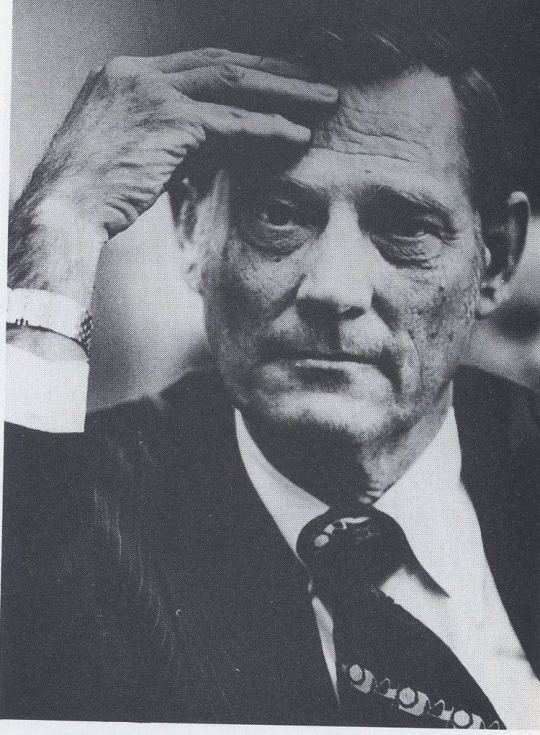
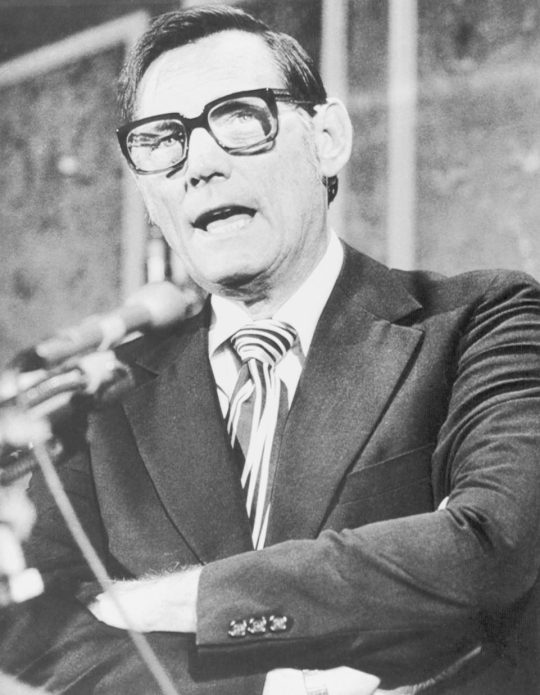

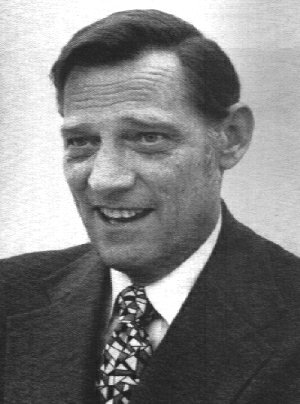
Images of David Atlee Phillips, a.k.a. 'Maurice Bishop', notorious CIA spook. He was involved in the Bay of Pigs Invasion and Operation Mongoose, and he was the director of the Agency station in Mexico City during the time when the phoney Lee Harvey Oswald tried to visit the Cuban embassy. He was also the handler for Antonio Veciana, the founder and a leader of the violent anti-Castro far right terrorists, Alpha 66.
#David Atlee Phillips#cia#deep research#bay of pigs#operation mongoose#lee harvey oswald#Antonio Veciana#alpha 66#Maurice Bishop#not to be confused with the Grenadian revolutionary leader
0 notes
Text
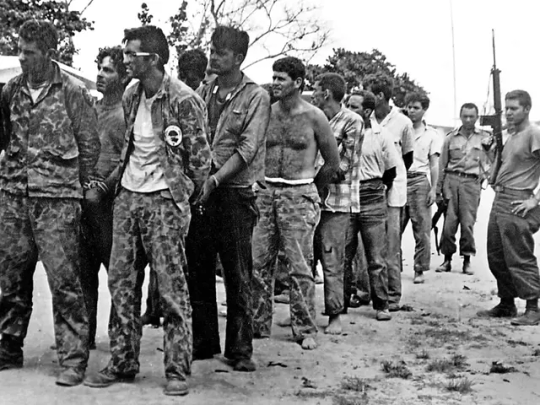
Brigadistas of the Anti-Castro Brigada Asalto 2506 being rounded up after the failed Bay of Pigs invasion, 1961.
19 notes
·
View notes
Text










Cienaga de Zapata, province de Matanzas - On y trouve de l'histoire et des casas à Playa Giron, Playa Larga, Palpite, Guama et Jaguey Grande
#baie des cochons#bay of pigs#bahia de cochinos#cuba#particuba#cubacasas.net#kuba#particuba.net#cubacasas#b&b#casas#alojamiento
1 note
·
View note
Text
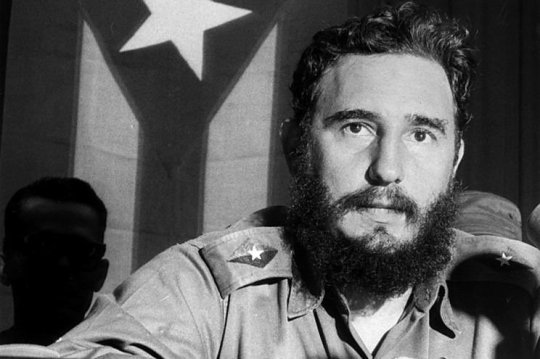
On this day in 1961, 1500 CIA-trained Cuban exiles supported by the US Air Force land on the Bay of Pigs in Cuba to begin a military operation to overthrow communist revolutionary Fidel Castro and the Cuban government. While they had expected popular support, the exact opposite happened with the Cuban population and the armed forces rallying around Fidel Castro. It took just 3 days for Castro’s forces to defeat the US-sponsored invasion and the result was humiliation for the United States and JFK.
209 notes
·
View notes